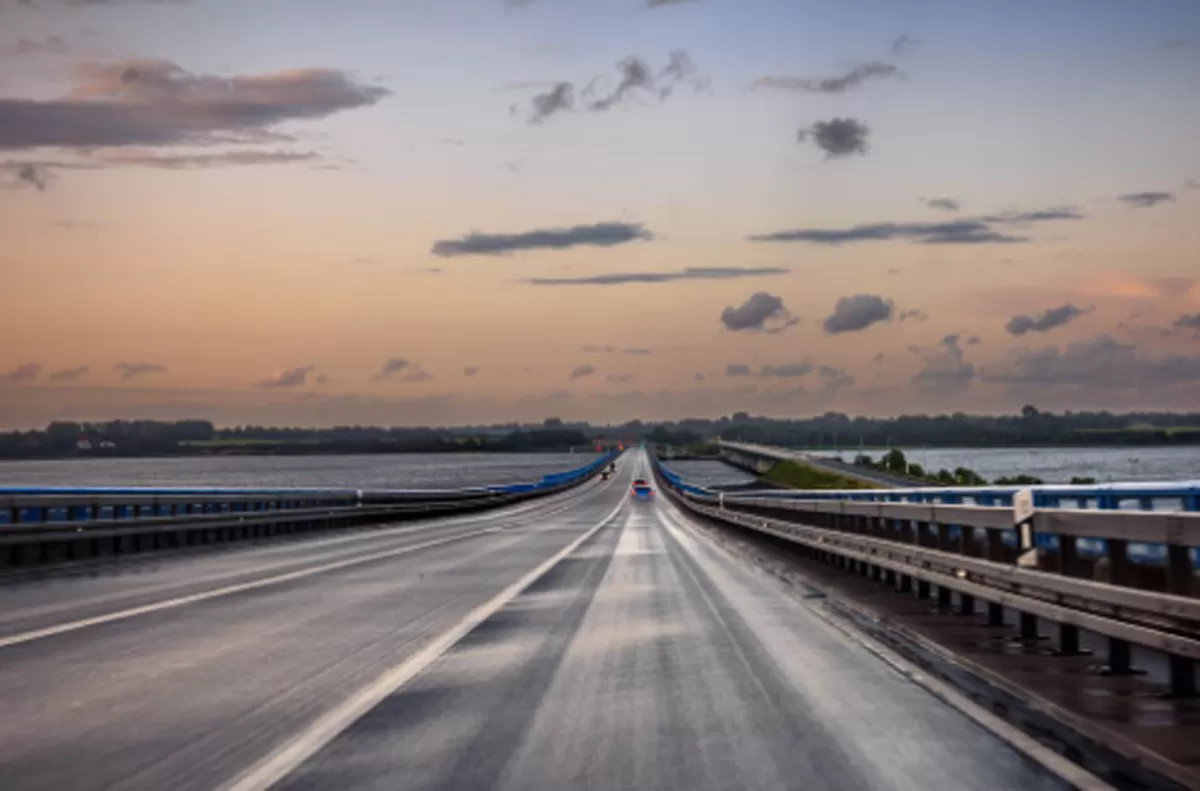The Delhi-Chandigarh highway has emerged as a frontrunner in the adoption of the new FASTag Annual Pass, with almost 30% of private cars now using the scheme—three times higher than the national average. Officials say this reflects strong commuter confidence and highlights a shift towards transparent, efficient, and sustainable mobility solutions.
The FASTag Annual Pass offers frequent highway users a cost-effective and convenient payment option, reducing travel costs while cutting down on idling at toll plazas. This not only saves fuel but also lowers emissions, aligning with India’s carbon reduction goals. Officials expect sales of the annual passes to cross the one million mark soon.
Union Road Transport and Highways Minister has linked the success of such initiatives to greater accountability in highway management. He stressed that tolling must match the quality of service provided and directed that details of contractors, defect liability periods, and responsible officials be displayed publicly to ensure transparency.
A case study of NH-48’s Gurugram-Delhi stretch was cited as an example of the need for better planning. The absence of safe pedestrian and vehicular crossings in the original design led to significant additional costs, underlining the importance of holistic highway development that balances engineering, environmental, and social needs.
The Delhi-Chandigarh model showcases how forward-looking tolling schemes and stronger accountability can work together to build world-class transport infrastructure. By easing costs for commuters while demanding performance-linked delivery from developers, India is moving towards a smarter and more sustainable highway ecosystem.
News source: Urban Acres


